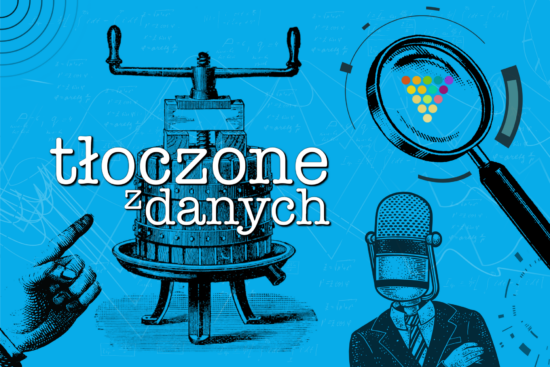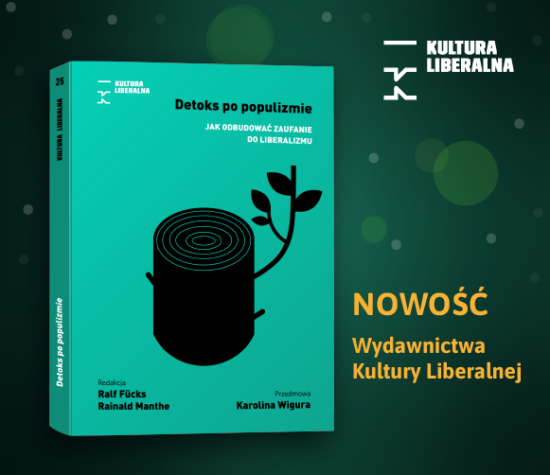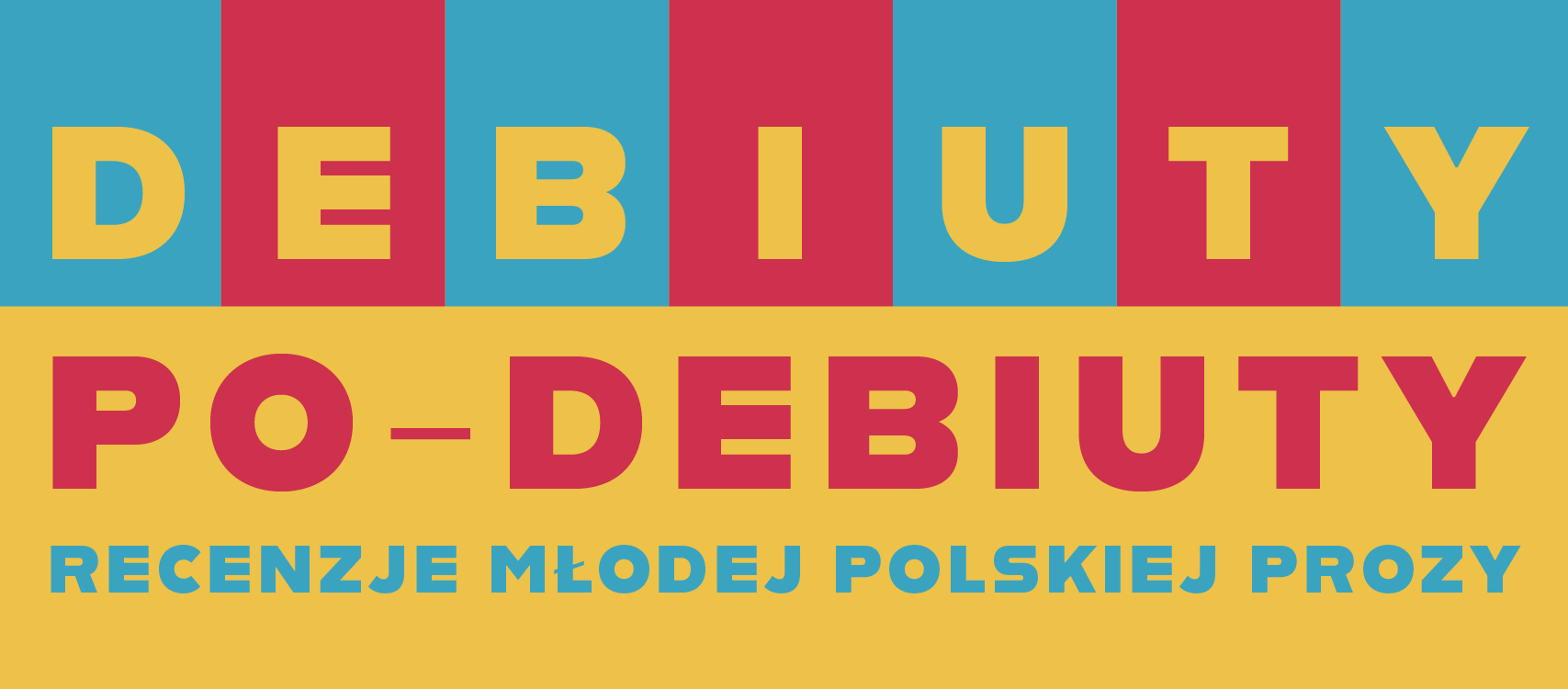KULTURA LIBERALNA > Pytając > Who does what...
Who does what and who is in charge?
“Europe has become somewhat alike the markets – who are they? We don’t know. They are acting and we experience the consequences of their actions, yet have no influence over them”, says José Ignacio Torreblanca in an interview with Łukasz Pawłowski
Łukasz Pawłowski: What is the current attitude Spanish people hold towards Brussels? In your analysis published at the beginning of 2013 you wrote: “There is a widespread feeling that, for all the pain Spain is going through, the rest of Europe is failing to deliver on its side of the bargain that is necessary to deal with the crisis”. You also mentioned some poll results according to which almost 60 percent of Spaniards believed being within the euro zone has been negative for Spain. How has the mood changed over the last few months?
José Ignacio Torreblanca: Despite these results I believe Spaniards still have a positive attitude towards the European integration and you can see that in some other poll results. What they question, however, is how this particular crisis is being dealt with and what role some European institutions and countries play in the process. It is still a minority that would like to see Spain leave the EU. Nonetheless, for the first time Spaniards have become very critical about how Brussels is handling things. It is quite remarkable because the European integration has always been a subject of a wide consensus between right and left, centre and periphery. We see the rise of mistrust towards Brussels and EU institutions but not the European Union as a whole. People distinguish between the project and the way it is being managed.
So Spaniards still have the faith in the European Union as an ideal but are disillusioned with the political class that is supposed to realize it?
In the past Europe was associated with necessary and beneficial reforms. Now there is a widespread feeling that it began to interfere too much in domestic politics. It entered all the spheres that were traditionally left to local elites and is imposing severe health, pensions, and education cuts. These adjustments should be implemented by national politicians, not European commissioners, who are not elected and have almost no democratic legitimacy.
Who is therefore to blame for the current state of the Spanish economy? Is it the European Union which failed to create proper institutional supervision or Spanish political class which – thanks to cheap credit – kept on borrowing money without reforming the country?
Obviously not all Spaniards are economy graduates and cannot determine who is actually to blame, but they see that European institutions are not working. The United States may have generated the crisis but the country is effectively out of the woods, whereas institutional confusion within the EU – due to which nobody knows who does what and who is in charge – makes governance very chaotic. The predictions about growth upon which the EU commissionaire based his decisions have repeatedly proven wrong, but no one seem to be responsible. Europe has become somewhat alike the markets – who are they? We don’t know. They are acting and we experience the consequences of their actions, yet have no influence over them.
What kind of reforms do you think should follow from this diagnosis – ongoing centralization of the EU somehow combined with democratization of its institutions?
We have to make sure that the people responsible for taking decisions at the European level are rendered accountable. And the arrangements which can be made at some lower level should be relegated there. This is a return to a good old principle of subsidiarity. Now we are in the middle of nowhere – very far away from the past but also very far away from the future. Nothing works as it should.
In the paper I mentioned at the beginning you list four possible scenarios for Spain: “exit”; “intervention”; “muddling through”; and “economic federation”. From what you have already said I gather the “muddling through” option prevailed, didn’t it?
Yes, and it’s quite paradoxical because when we were on the brink of disaster last year leaders were forced to take decisive measures. Now the systemic risks have disappeared. Nobody is speculating any longer against the European currency thinking it may collapse. The euro is saved but the countries that are still in crisis have no incentives to go further with the reforms.
Spain was the cradle of the occupy movement which at least for some time seemed to have a truly revolutionary potential. What remains of that movement and that social mood today?
The protests erupted because at the beginning of the crisis people behaved as they used to in the past. When there’s a problem you get to the streets, you demonstrate and try to replace the government. Now the movement has been effectively demobilized by the size of the challenge we face. People came to believe that change is beyond their reach. They realized it is not enough to bring the government down and elect a new one. This does not change a thing, because the room for maneuver for politicians is very narrow. It has the effect of alienating people, as they see that politics is not the solution, politics is the problem. Consequently, they cease to see social mobilization as an effective tool for provoking reforms.
This might be one of the main reasons why so many young people are emigrating from Spain to other European countries. What’s more some statistics show you have more people leaving Spain for former colonies than immigrants coming from there. What effects do you think this whole process will have on the Spanish society in the long run?
This is a tragedy. We lose a lot of valuable people who were educated in Spain, are very competitive on the job markets and get offers from other European countries. We are decapitalizing the country and this is a source of not only economic but also social concerns. I think that situation will become even more difficult for the next generation, which is not going to be as well educated and as competitive as the present one. Since the universities are cutting funds and the best teachers are leaving, students will not reach this level of excellence.
What is the current attitude within the country towards the national political class? Here I’m obviously referring to the corruption scandal including the prime minister, Mariano Rajoy, which has also had some negative consequences for Spanish economy and the prices of Spanish bonds. Do you think such politicians can get the Spanish economy going again?
This is an additional difficulty which makes things even more complicated. In times of such crisis and national emergency one would hope for a government everybody can trust and side with. Even if you don’t share the leading party’s political ideas you have to able to recognize them as legitimate leaders. We hardly can. To make matters worse – and this also explains the lack of mobilization in the streets – the opposition is still tainted by its own years in power. People remember that the opposition itself was in government not so long ago and they did not manage the crisis properly. So, despite the government being extremely weak, there is no alternative.
* José Ignacio Torreblanca is a Senior Research Fellow at the European Council on Foreign Relations and the Head of its Madrid Office.
** Łukasz Pawłowski is a journalist, regular contributor and managing editor at “Kultura Liberalna”.
„Kultura Liberalna” nr 242 (35/2013) z 27 sierpnia 2013 r.
Skoro tu jesteś...
...mamy do Ciebie małą prośbę. Żyjemy w dobie poważnych zagrożeń dla pluralizmu polskich mediów. W Kulturze Liberalnej jesteśmy przekonani, że każdy zasługuje na bezpłatny dostęp do najwyższej jakości dziennikarstwa
Każdy i każda z nas ma prawo do dobrych mediów. Warto na nie wydać nawet drobną kwotę. Nawet jeśli przeznaczysz na naszą działalność 10 złotych miesięcznie, to jeśli podobnie zrobią inni, wspólnie zapewnimy działanie portalowi, który broni wolności, praworządności i różnorodności.
Prosimy Cię, abyś tworzył lub tworzyła Kulturę Liberalną z nami. Dołącz do grona naszych Darczyńców!
PRZECZYTAJ INNE Z TEGO NUMERU
KOMENTARZE






















